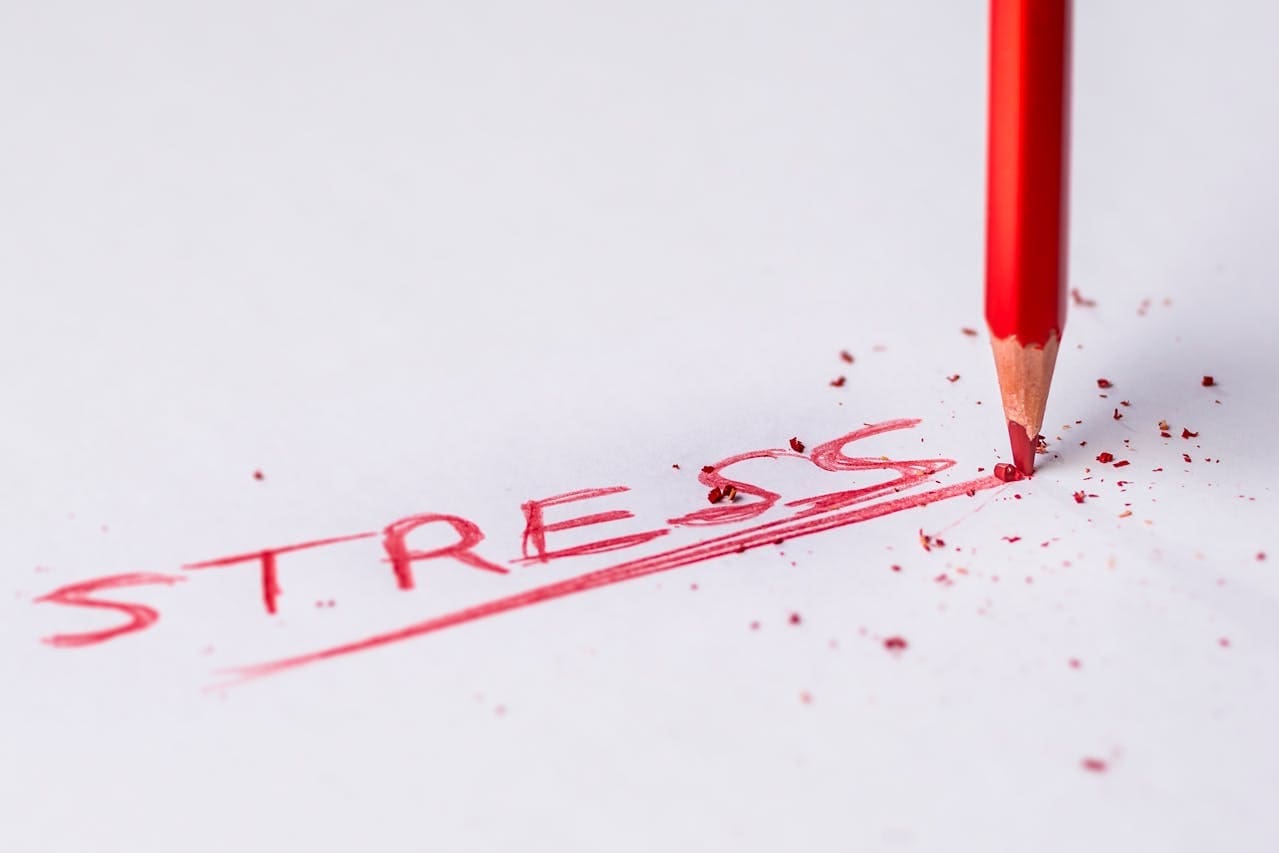You’d be surprised at the number of people who have mental health issues. Millions of adults in the developed world struggle to maintain a well-balanced life — even those with a regular home life, a decent job, friends, and families. If you lack any of these things, your stress levels will be even higher on a daily basis. However, that makes learning how to manage stress even more important. For starters, it’s essential to realize that a mental health struggle is nothing to be ashamed of. Furthermore, you need to learn how to recognize when you’re overly stressed. There’s a difference between a regularly stressful day and a period of stress that’s long enough to require special attention. With that in mind, let’s take a look at some classic signs that you need a mental health boost.
Not Wanting To Seek Help
Before we get into the other specific signs that you need a mental health boost, you need to realize one simple fact — needing help with your mental health is okay.
Even in the most developed parts of the world, including the United States, there’s still a certain stigma surrounding mental health issues. You need to learn to look past these if you’re going to seek genuine help and feel profound progress.
If you’re noticing stress indicators affecting your daily life, never hesitate to explore supportive resources. For a flexible, convenient, and discreet approach to managing stress, maybe give virtual treatment a chance as a way to access professional help from the comfort of your home.
Remember, there’s always a way to get better if you truly want to. Everyone goes through a different mental health journey, and no two people are the same. So, don’t think twice about exploring every single treatment option.
Of course, the first step to resolving these issues is always acknowledging them in the first place. When you don’t want to admit you need help with your mental health, it’s easy to explain away your stress with common daily occurrences.
That’s why you need to watch out for everyday signs that your stress levels are beyond normal. And we’ll cover some of the most common ones below.
Persistent Anxiety
Feeling anxious or sad about certain issues in your life is quite normal. However, when these feelings are short-term, they stem from specific acute issues. If your anxiety or sadness persists despite some positive events in your life, it may be time for a little mental health boost from a professional.
When your brain chemistry is regular, and you’re being your authentic self, you can explain why you’re feeling how you’re feeling in almost every situation. Sure, a negative major life event can cause a period of stress and sadness. However, if these feelings start disproportionately affecting your life, it’s time to take stock of your mental health.
Unregulated Sleep
Disturbed sleep patterns are one of the first signs of mental health issues. Almost every mental problem is accompanied by a gradual (or sudden) change in sleep patterns. For instance, anxiety is almost always followed by bouts of insomnia.
On the other hand, depression is more often connected with hypersomnia — too much sleep and difficulty being awake. Of course, these connections aren’t written in stone. Your body and mind might react differently to stress — but there’s almost always a reaction.
If you find your sleep is too irregular and you often wake up during the night, consider seeking help. The same goes if you chronically start waking up too late or too early.
Don’t underestimate the importance of a good night’s rest. The quality of your sleep has a huge impact on your daily and long-term mental and physical health. After all, our bodies need to spend enough time in REM sleep to rejuvenate — and so do our minds.
Frequent Mood Swings
When we’re chronically stressed out, we don’t have the focus necessary to regulate our moods properly. As a result, we have trouble staying calm and experience frequent mood swings. While these can point to a serious mental health issue, they could also be nothing more than a sign that you need to regulate your stress.
If you notice that your moods are fluctuating between highs and lows without an obvious reason, consider seeking help and diagnosis. Even if they’re caused by nothing more than too much stress, extreme mood swings can affect your relationships and your quality of life.
Inability to Concentrate
People can concentrate and memorize things on different levels. After all, mental acuity can vary wildly between individuals. However, you need to be cognizant of your average levels of concentration and memory.
Sure, all of us have periods where we’re less productive and sharp. But if there’s no apparent reason for this, and your mental “fogginess” persists — you may need to seek a mental health boost via therapy.
If you feel it’s harder to stay focused than before, you may be suffering from chronic anxiety or other mental health issues. Never wave away obvious signs of impaired memory or judgment.
Avoiding Social Interactions
All of us like to socialize on different levels. After all, not everyone has tons of friends with whom they spend time on a regular basis.
However, sudden or uncharacteristic social withdrawal can be an obvious sign that you need to improve your mental health. Sure, needing a break from an active social life is fairly normal, but social withdrawal can mean something’s wrong.
When we don’t want to admit that we’re feeling off-balance to ourselves, we avoid spending time with people who know us well. The reason is obvious — they’re likely to pick up that something is off and address the issue.
Because of this, consider whether you simply need some time for yourself or you’re actively avoiding social interactions.
There are plenty of signs that you might need a mental health boost. This may be true even if you don’t have any underlying or long-term mental health issues. With this in mind, always be on the lookout for pointers showing that you need to work more on yourself.


